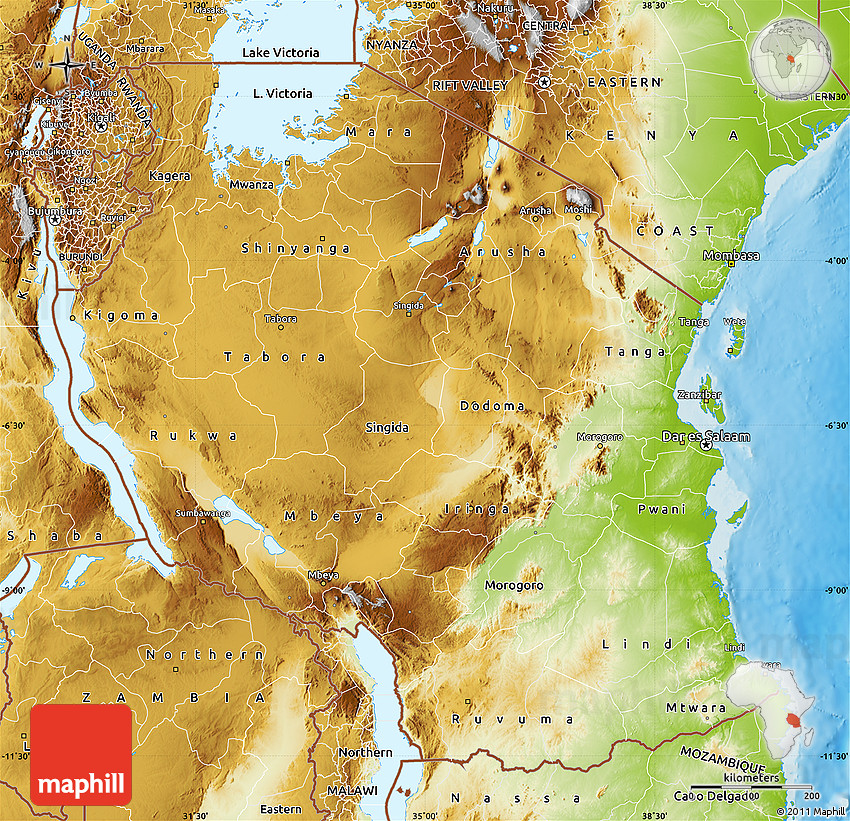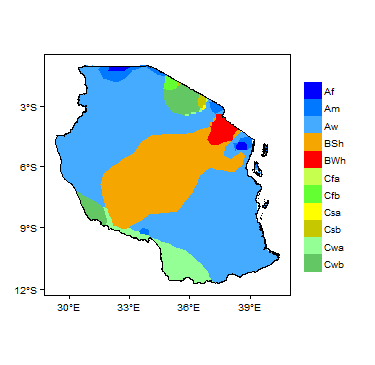Hmmm. I will have to look into that some more. Having read that the missionary success was mostly a produict of the mid-twentieth century, I assumed that less funding and support would have a more significant impact..
I don't think we will see less funding, OTL post-German Empire funding mostly came from non-German Lutheran states, these will still use money on missionering and a German not suffering from OTL post-War slump will still have private missioneiring societies seekling converts in Tanganyika. As for Islam why I can see the benefits to people in Dar Es Saalam to convert, but for a inland farmer there's almost no benefits. This is why the spread of Islam in Africa after 1878 was mostly among tribal groups, which already had significant Islamic influence. The Hausa and other Sahel people are very good example of this spread. But animist group without Islamic elites mostly converted to Christianity even in colonies, where Muslim groups was favoured over Christians (like Nigeria).
This doesn't mean that I can't see Islam do better in the colony, in fact I have had a few brainstorming ideas, which includes that.
A way to develop Tanganyika could be plantage in the relative thinly populated southern lowland. Here the German could import workers/indentured servants from India and Indonesia, these workers could make up a significant minority of the popoulation of this area, in similar manner to the Indians of Natal, this could lead to Islam spreading among their neighbours, as there's suddenly a benefit to convert to Islam with lot of Muslim neighbours. I could see "Asians/Indians" make up 2-4% of the poipulation by mordern time.
I could see a religious split with the coast and southern low land being Muslim and the interior being Christian. We will likely see a similar split in lingua franca beetween Swahili and German
Other brainstorimng ideas I have had, are that White settlers will be split in three groups.
"The opportunistic adventurer": Germans and other Europeans who are in East Africa to get rich, but doesn't plan to stay there. They mostly live on the coast among the natives as merchants, soldiers or experts. These will likely leave little trace, some may convert to Islam for opportunistic reasons.
"The Wannabe Junker": These people try to set up large estates, which are worked by native and imported labour, these live in densely populated areas away from the coast.
"The German Boer": These are people moving to East Africa to set up farming communities, these mostly live as ranchers in the orange areas on the map. The often have some natives farmhands and servants, but all in all their commuinities are usual 1/3-1/2 White (this follow the pattern of Namibia), and in some provinces of German East Africa they will make up the same precent of the population. The natives living among them will usual have adopted German culture, language and religion.
Other ideas:
the Europeanised natives will be pretty heterodox. In general it will be people who have lost their connection with their trabal background. Some like the farmhands and servants living among the Germans, because they intermarry across tribal lines, and have adopted German mores, other because they're unwelcome among their communites, because they serve as German soldiers, which leave them little choice to intermarry among each other or with other Europeanised natives or biracials and leaviong their children little choice but continuing in German service. At last people who have taken a tertiary European education, among the last group we will often see those who have embraced a pan-African ideology and pushing for independence.
At last with a Zanzibar not part of the mianland, this could very very well turn into a African Singapore.


